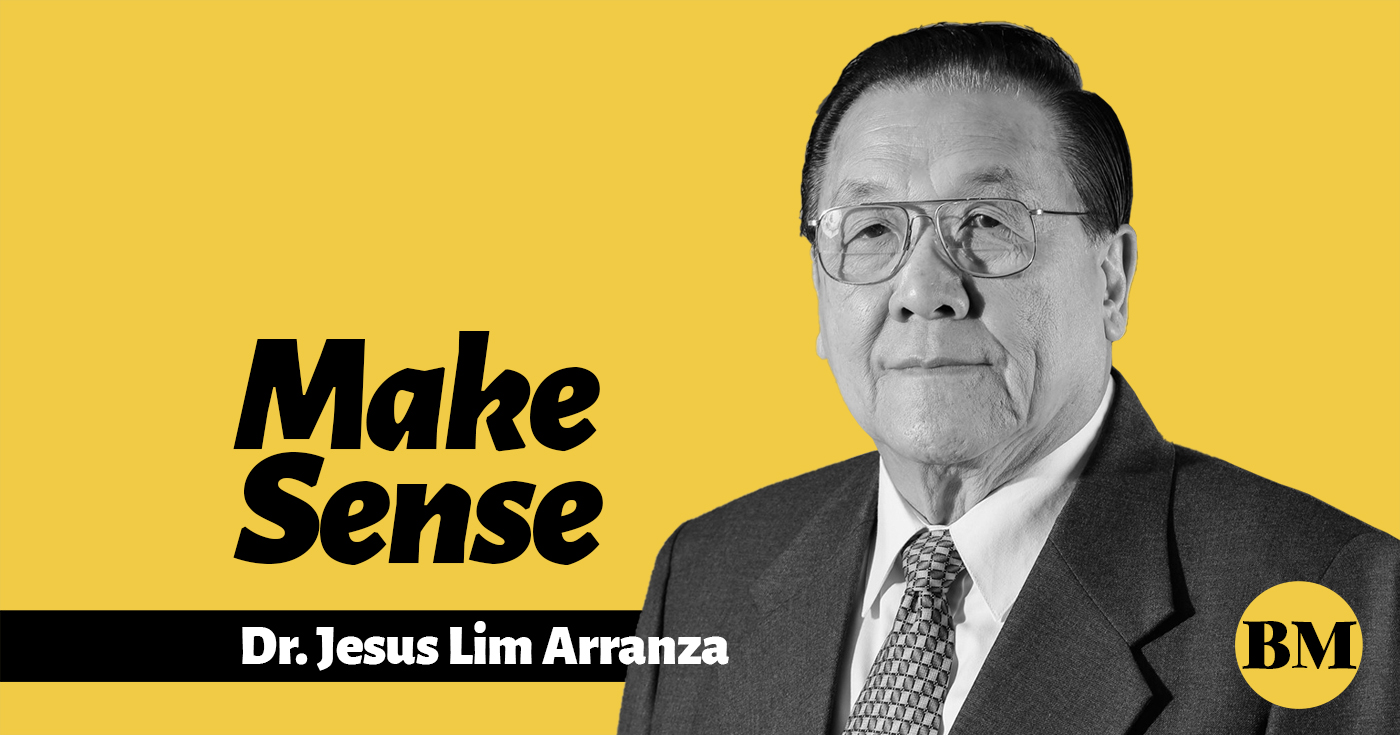PRESIDENT Duterte hosted the Asean Law Association (ALA) commemorative session at Malacañan Palace last Wednesday, October 25. The President exhorted the Association of Southeast Asian Nation (Asean) community of lawyers to continue exchanging best practices among its members, and expressed the hope that ALA would help address the regional scourge of poverty, transnational crimes and terrorism.
While listening to Duterte, I couldn’t help but look back to ALA’s birth 37 years ago, and its inauguration in November 1980 in Manila. I tell myself, “ALA can rise to the President’s challenge!” ALA has grown since then in stature and influence. A non-governmental agency, it is an influential opinion leader. Its distinctive composition and decision-making style match Asean values and sensibilities.
On November 23, 1980, I wrote in the Manila Bulletin:
“The ALA is unique in the composition of its membership and in the character of its collective leadership. Judges, lawyers from the government, members of academe and the practicing bar, from all the Asean states, are represented in the governing council, the highest policy-making body of the association.
“…We predict that the ALA will become the most effective vehicle for regional friendship and cooperation of all the non-governmental bodies within the Asean. The laws of a country reflect the social structure, the traditions, the values and the moral consciousness of its people. The fastest way to achieve mutual understanding in this context is through the mutual study of each other’s legal systems.
“An association like the ALA, structured in its rules and objectives to fit Asean sensitivities and values, is better placed than any other organization to attain this goal.”
The subsequent admission of Brunei Darussalam, Vietnam, Cambodia, Lao PDR and Myanmar further enriched that uniqueness. Asean leaders’ avowed goal in the next 50 years is deepening and broadening integration.
Much work still has to be done in eliminating nontariff barriers, ensuring labor mobility, “Aseanizing” university student body and faculty. In short, lifting a supermajority of the 630 million people to middle-class status by closing the inequality gap.
E-mail: angara.ed@gmail.com, Facebook and Twitter: @edangara



























